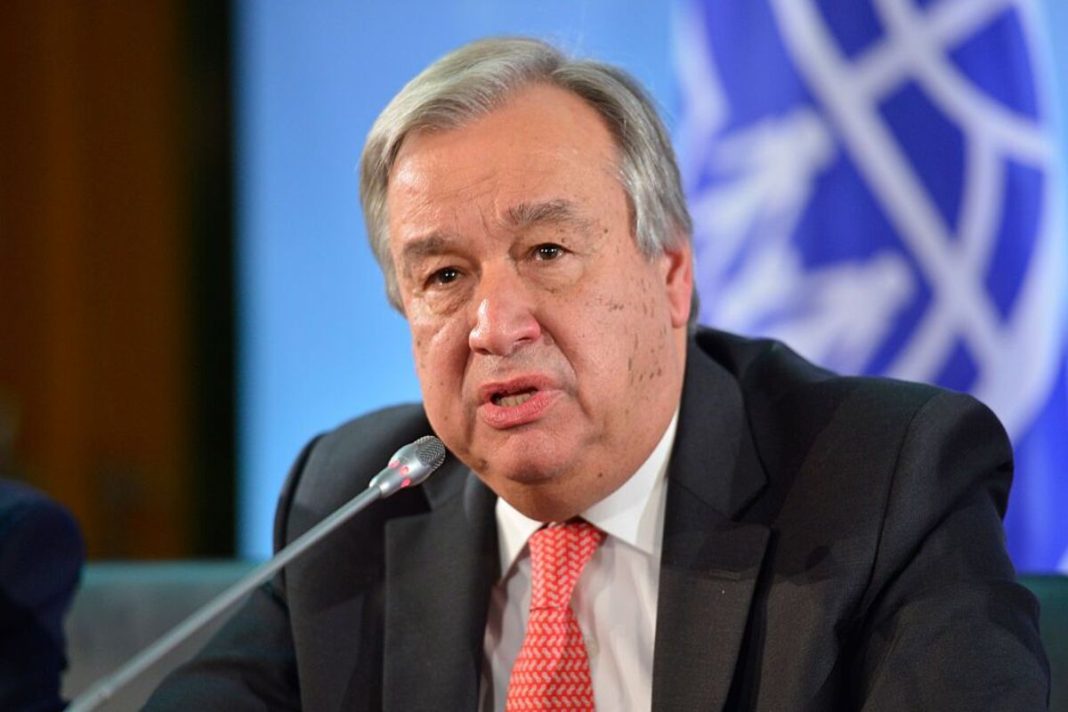NEW YORK, USA — The United Nations has announced sweeping spending cuts, a freeze on hiring, and the suspension of some services amid a worsening cash crisis, as key member states continue to delay or withhold critical financial contributions.
The UN General Assembly’s Fifth Committee, responsible for administrative and budgetary affairs, met throughout Monday, May 19, 2025, to assess the organisation’s fragile financial state, with delegates warning that the UN’s ability to fulfil its global mandates is now under serious threat.
As of Wednesday, April 30, 2025, member states owed $2.4 billion in unpaid regular budget dues and an additional $2.7 billion in peacekeeping contributions, according to figures presented by the UN Controller.
The United States alone is responsible for more than $1.5 billion of the shortfall — over half the outstanding regular budget dues — followed by China ($597 million), Russia ($72 million), Saudi Arabia ($42 million), Mexico ($38 million), and Venezuela ($38 million).
“This is not just a budget issue — this is about the UN’s credibility,” said Switzerland’s delegate, who spoke on behalf of both Switzerland and Liechtenstein.
“Each delay in payment, each hiring freeze, each cancelled service chips away at trust in our ability to deliver.”
UN Secretary-General António Guterres, who raised the alarm on the organisation’s fiscal instability in an earlier briefing, is now pushing for sweeping financial reforms, including structural changes aimed at streamlining operations and increasing flexibility in budget management.
One proposal gaining traction among delegates is a change to the UN’s current financial rules requiring the return of unspent funds to member states at the end of the calendar year.
The suggested reform would allow the UN to retain those funds temporarily, acting as a financial buffer — especially in January, when contributions often lag.
Some countries also supported broader use of “special commitments” — emergency budgetary mechanisms — to maintain operational continuity during the early months of the fiscal year.
However, several speakers cautioned that while such stopgap measures might provide temporary relief, they would not address the underlying issue: persistent late or non-payment of dues.
“This crisis is not abstract. It has real-world consequences,” said a representative from the European Union, adding that the burden of keeping the UN operational “cannot fall solely on the shoulders of those who pay on time.”
Singapore, representing the Association of Southeast Asian Nations (ASEAN), echoed concerns that the liquidity challenges had become a recurring issue.
Citing the recent example of the UN Economic and Social Commission for Asia and the Pacific (ESCAP), which was forced to shut offices for three months and suspend hiring and travel, Singapore warned that operational setbacks are becoming routine.
Delegates from Kazakhstan, Norway, and the United Kingdom called for “bold and systemic” reforms.
Norway stressed that a fundamental reset in the way the UN is financed is needed to guarantee the institution’s long-term viability.
Russia, meanwhile, called for greater transparency in how the UN implements cost-saving measures, warning against unilateral decisions by the Secretariat that bypass member state oversight.
UN management chief Catherine Pollard reported that, as of May 19, only 61 countries had fulfilled all their regular budget obligations for 2025, out of 193 member states.
Despite some recent payments, overall collections remain below 50% of the assessed $3.5 billion regular budget — with just $1.8 billion received.
The UN’s mounting financial woes come at a time when the organisation is being called upon to address multiple global crises — from conflicts and humanitarian emergencies to climate change and public health threats.
“The message from member states is clear,” Pollard said.
“Without broad, timely financial support, the UN’s ability to serve the world — particularly in times of crisis — is at serious risk.”







